STORY UPDATE: Amid a major escalation in tensions between India and Pakistan that saw the neighbouring countries launching multiple strikes at each other’s military installations overnight and on Saturday morning, Pakistan has shut its airspace to all air traffic till at least 12 pm Pakistan time (12:30 pm IST) on Sunday, May 11, as per a Notice to Airmen (NOTAM) issued by the Pakistan Civil Aviation Authority.
British Airways BA 2160 from Islamabad to London has been cancelled and the aircraft, passengers and crew are stuck in Islamabad. This closure will affect hundreds more flights around the globe.
THE STORY SO FAR
Recent tensions between India and Pakistan have led to significant airspace closures and restrictions across the region. Pakistan has closed its airspace to all Indian airlines, prompting a reciprocal ban from India on Pakistani carriers. These restrictions have forced numerous international airlines to reroute, resulting in longer flight times, additional fuel stops, and increased operational costs, impacts that may soon be reflected in ticket prices. Given the strategic location of both countries along key Europe–Asia flight corridors, the consequences of these closures are likely to reverberate across the global aviation network for the foreseeable future.
In response to a developing security situation in early May 2025, both India and Pakistan implemented a series of temporary airspace measures affecting the flow of civil aviation across the region. These adjustments which include revised flight paths and the suspension of certain services, are part of standard protocols used by nations to manage safety during heightened alert periods. While not uncommon in areas with dynamic geopolitical conditions, the timing and scale of these particular restrictions have drawn attention due to their broader operational impact on international air traffic.
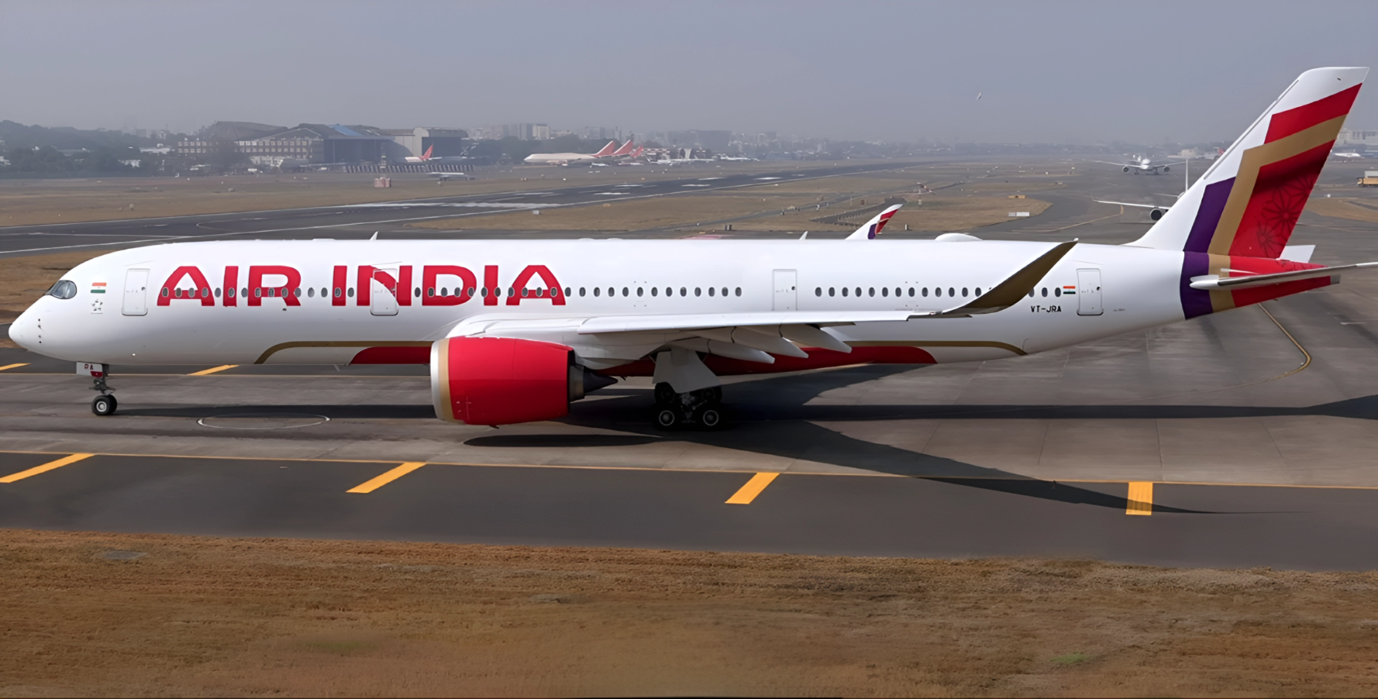
The closure of Pakistani airspace has compelled Air India to make significant operational adjustments, particularly for its long-haul flights to North America and Canada. Flights that previously utilised direct routes over Pakistan are now rerouted southward over the Arabian Sea, necessitating additional fuel stops in Vienna, Austria. For instance, the Delhi to Chicago O’Hare route, which typically took approximately 14 hours, now extends beyond 19 hours due to the detour and refuelling requirements. These extended flight durations not only increase fuel consumption but also complicate crew scheduling and aircraft utilisation. Air India estimates that these disruptions could result in additional operational costs amounting to approximately $600 million annually. To mitigate the impact on passengers, the airline has issued advisories regarding potential delays and is exploring options to optimise its revised flight schedules.
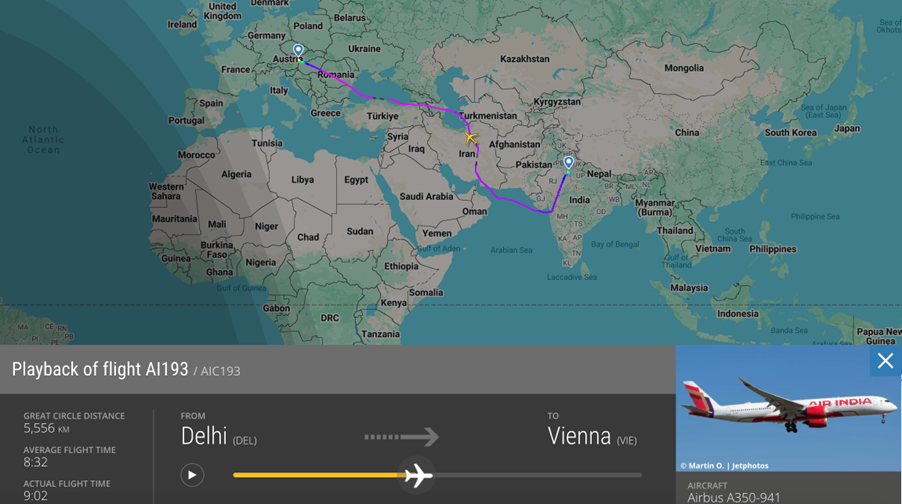
The enforced rerouting of flights due to the India–Pakistan airspace restrictions has led to significantly longer flight paths, particularly on routes between Europe and Asia. These extended journeys result in greater fuel consumption and increased carbon emissions, putting pressure on airlines already working towards ambitious sustainability goals. For carriers signed up to ICAO's Carbon Offsetting and Reduction Scheme for International Aviation (CORSIA), such diversions may complicate their ability to meet environmental targets in the short term.
The closure of Pakistani and Indian airspace has not only disrupted operations for local carriers but also significantly impacted global airlines operating east–west routes. Carriers such as Lufthansa, British Airways, and Singapore Airlines have been forced to reroute their flights, adding anywhere from 30 minutes to over two hours to long-haul journeys, depending on the route. Some European carriers have opted to reroute via Iran or Central Asia, while others have shifted flights south over the Arabian Sea, both of which increase fuel burn and affect fleet utilisation. These changes can lead to cascading operational delays, disrupted crew rotations, and higher carbon emissions. For airlines operating on tight schedules or high-frequency routes, even small delays can ripple through the network, affecting connections and on-time performance targets. In an increasingly competitive market, maintaining efficiency while ensuring safety amid restricted air corridors presents a complex logistical challenge.
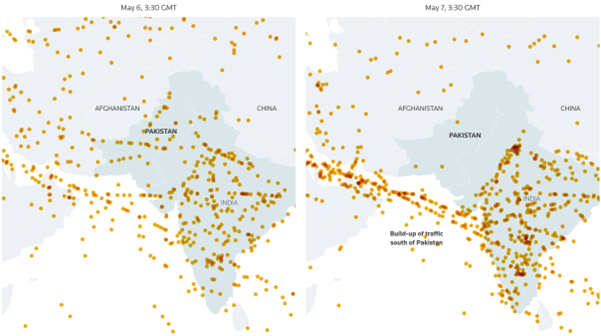
Passengers are also experiencing the consequences of these diversions, with many long-haul journeys now including technical fuel stops or facing extended durations. This can lead to missed onward connections, particularly at hub airports, and reduced schedule reliability. Airlines have issued travel advisories and rebooking options, but for frequent travellers and business passengers, even minor delays can cause significant disruption. For ultra-long-haul flights, increased time in the air may also affect inflight service delivery and crew availability.
This is not the first time that airspace closures between India and Pakistan have had global aviation repercussions. In 2019, following a separate period of tension, Pakistani airspace was closed for nearly five months, affecting over 400 commercial flights per day and causing estimated losses of millions of dollars. That precedent demonstrates how such restrictions, even when temporary, can disrupt global air traffic flows, with airlines often forced to develop contingency routings that remain in use long after the immediate threat has passed.
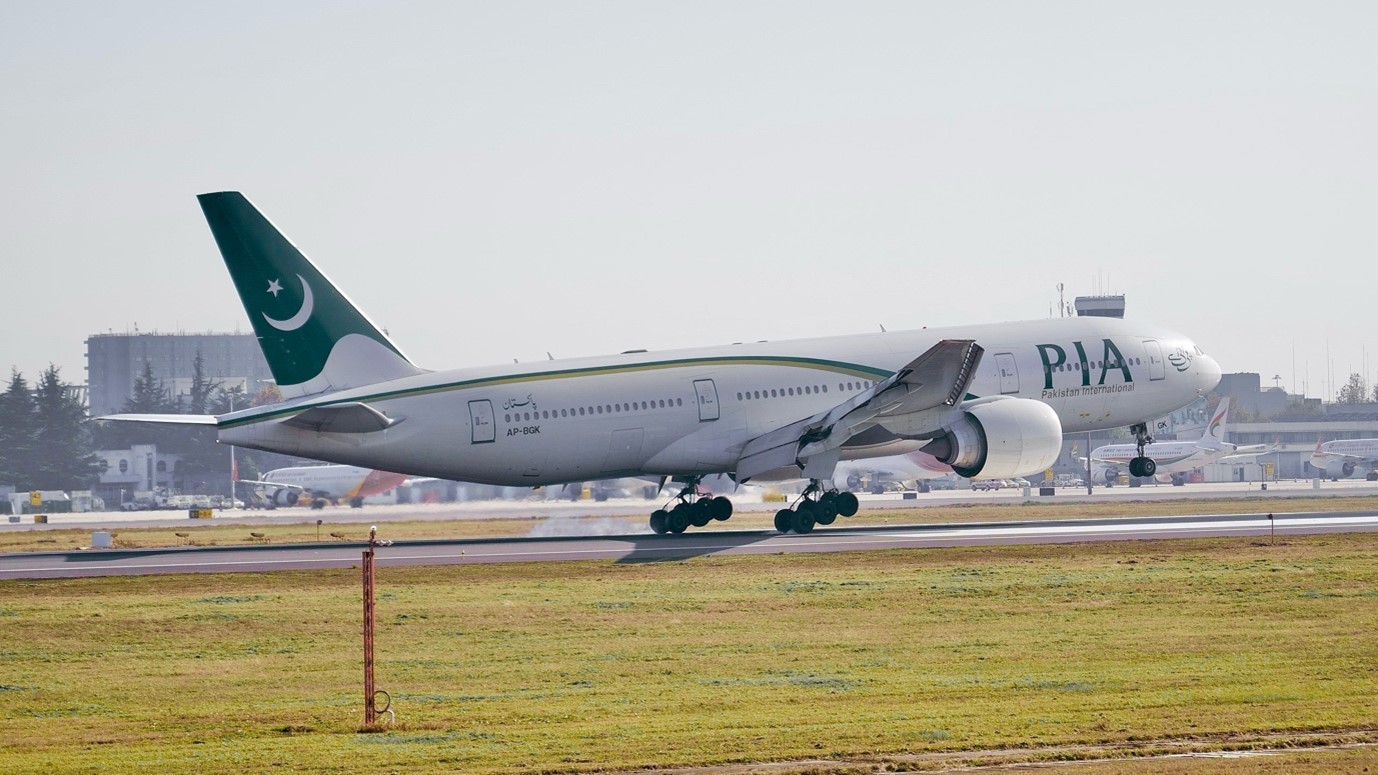
As tensions continue to influence airspace accessibility in South Asia, the impact on global aviation is both immediate and far-reaching. From operational delays and increased emissions to disrupted travel plans and mounting financial costs, the ripple effects are being felt well beyond the region. While airlines are adapting through reroutes and revised schedules, the situation highlights the fragility of the interconnected air traffic system, and how swiftly geopolitical developments can challenge even the most efficient operations.
Have questions or want to share your thoughts?
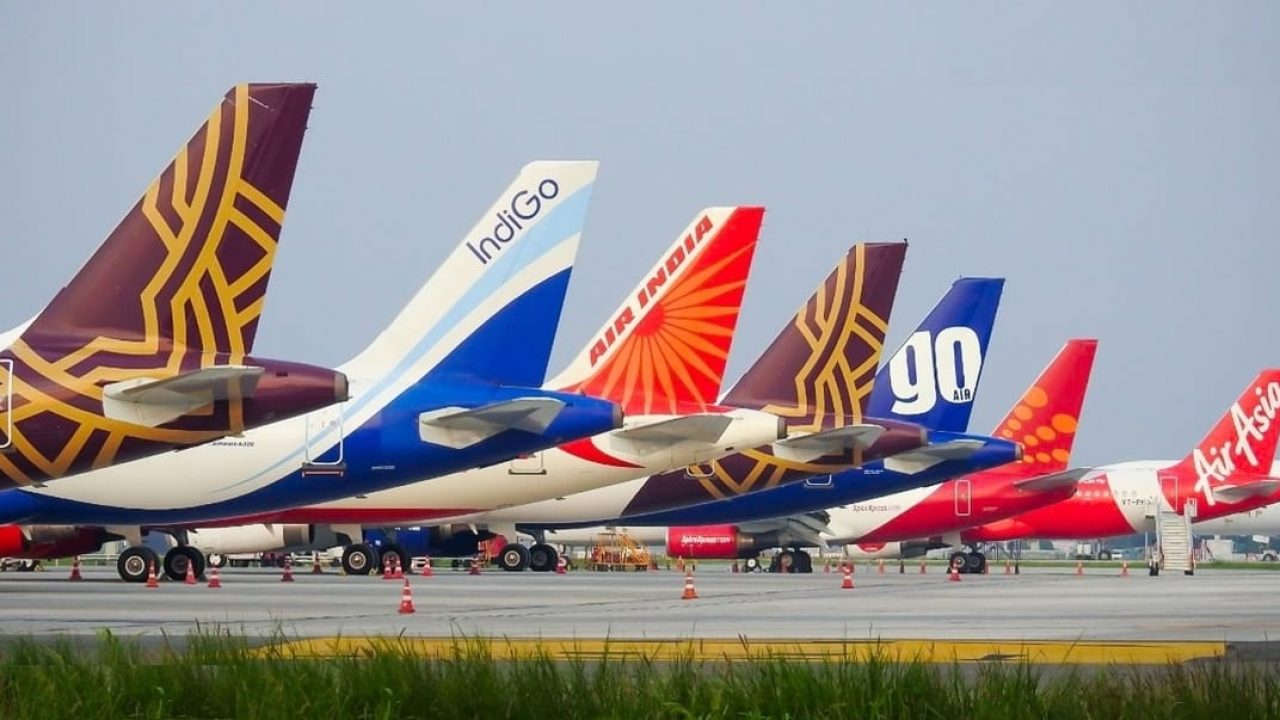

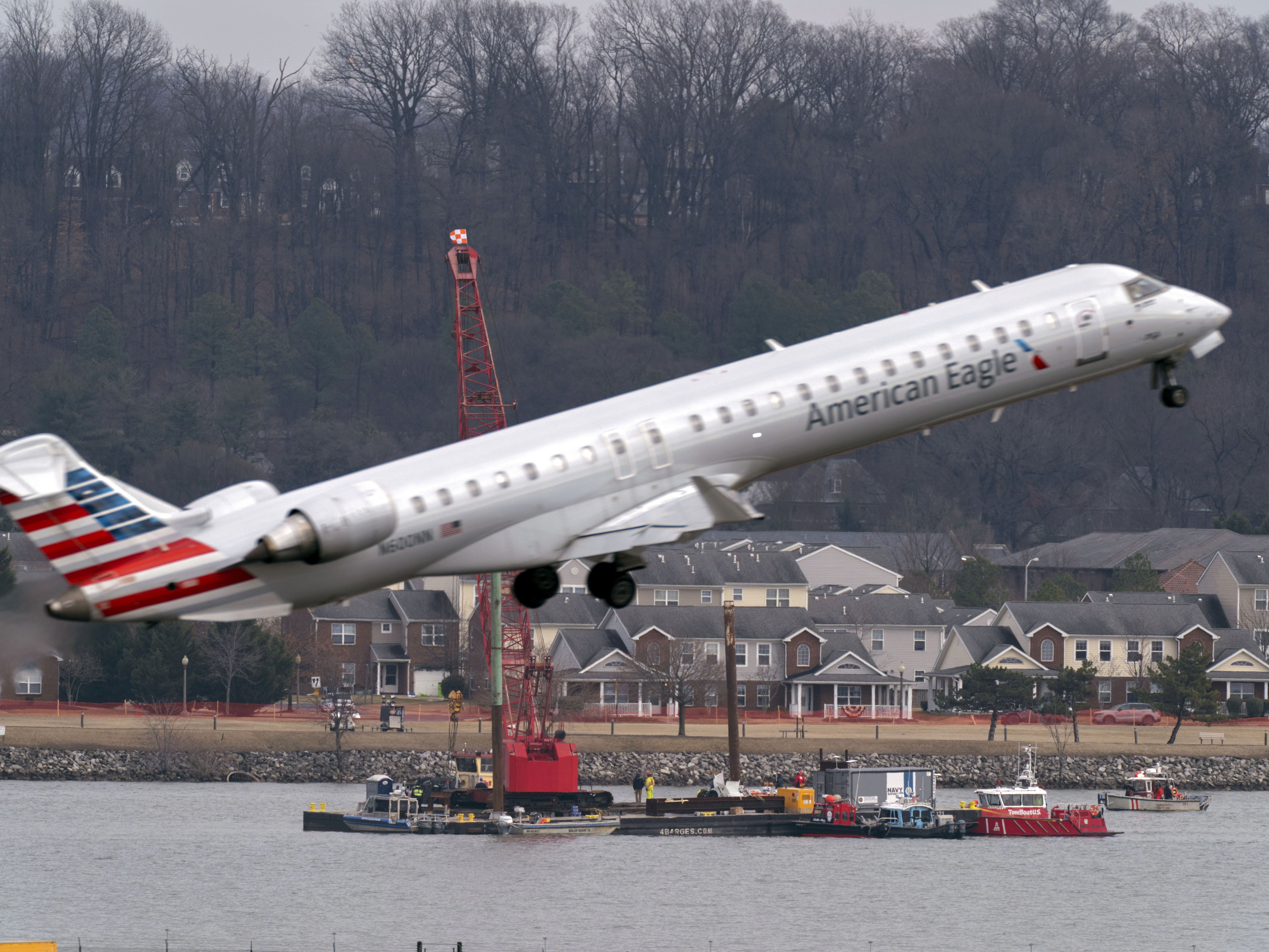
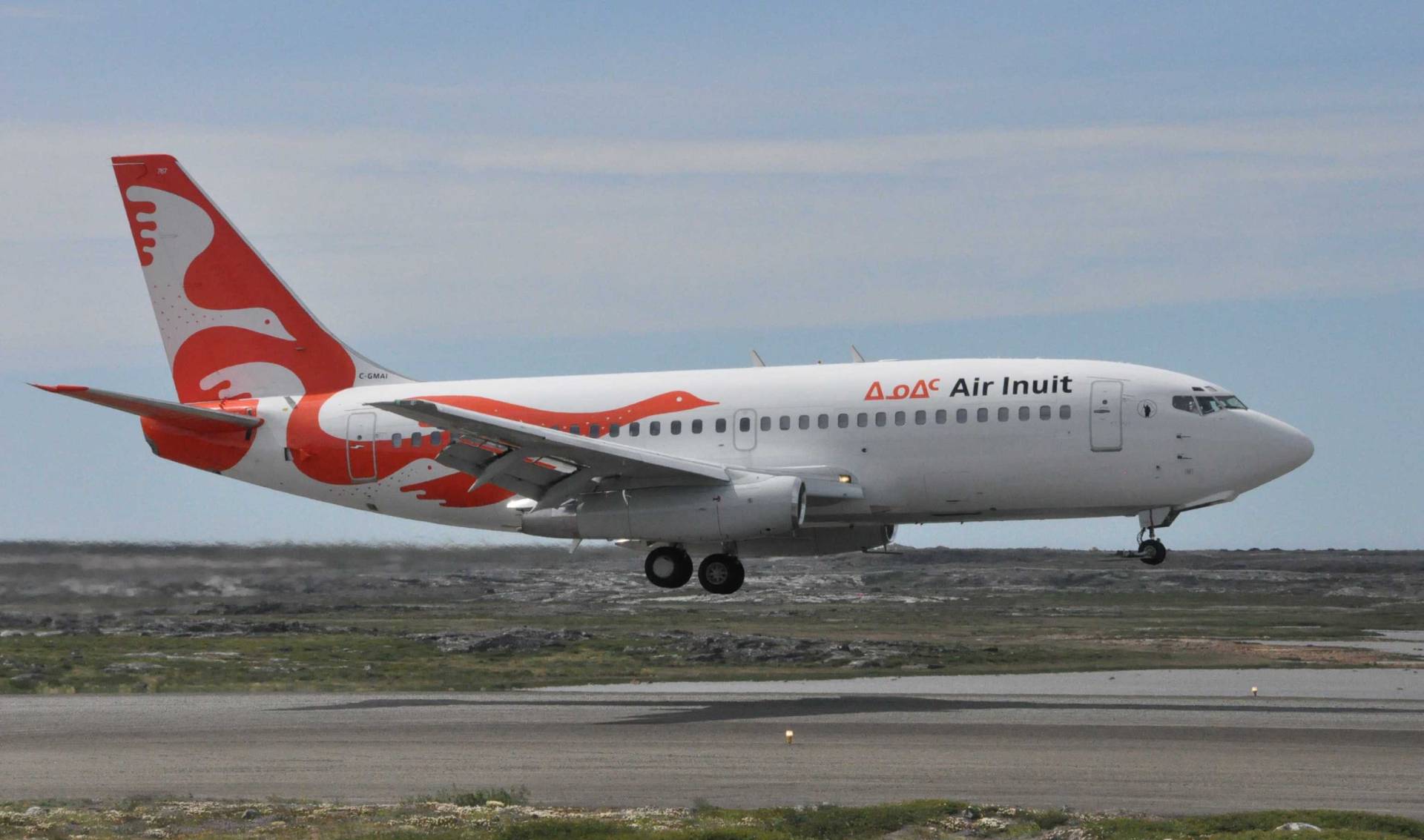
.jpg)


